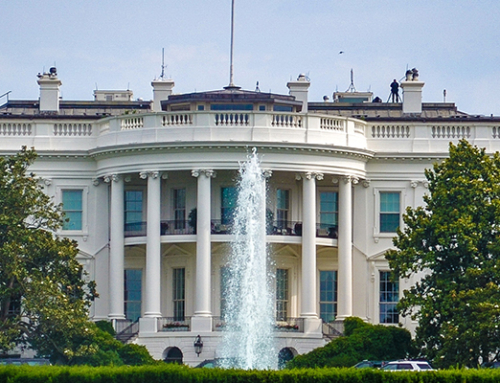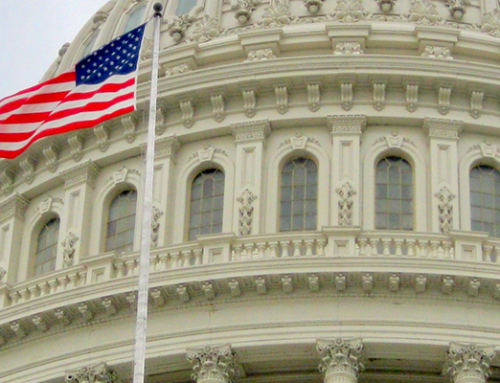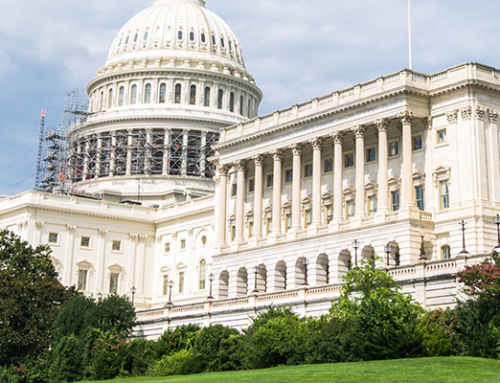Two US Supreme Court decisions recently addressed the question of whether federal agencies had authority to require that individuals be vaccinated. In one decision the court addressed the authority of the Occupational Safety and Health Administration (OSHA) to require employers with 100 or more employees to require their employees to be vaccinated. In the second decision the Court addressed the authority of the Centers for Medicare and Medicaid Services (CMS) to require that facilities funded by Medicare or Medicaid require their employees to be vaccinated. Although neither of these cases specifically addressed the impact on workers’ compensation, the reasoning of the court in these decisions is some indication of the approach they would take with respect to conflicts of law issues and determinations under workers’ compensation law with respect to COVID-19 illness.
In National Federation of Independent Business v. OSHA 21A244 National Federation of Independent Business v. OSHA (01/13/2022) (supremecourt.gov) the Per Curiam decision included opinion that
“OSHA is charged with regulating “occupational” hazards and the safety and health of “employees”. And “ Although COVID-19 is a risk that occurs in many workplaces, it is not an occupational hazard in most. COVID-19 can and does spread at home, in schools, during sporting events and everywhere else that people gather. That kind of universal risk Is different from the day-to-day dangers that all face from crime, air pollution, or any number of communicable diseases. Permitting OSHA to regulate the hazards of daily life—simply because most Americans have jobs and face those same risks while on the clock—would significantly expand OSHA’s regulatory authority without clear congressional authorization.”
This opinion language is an indication of how the majority in the current Supreme Court would approach the distinction between occupational disease and public health. It appears to be consistent with the distinction drawn in state workers’ compensation law and federally authorized workers’ compensation programs that the coverage and compensability of individuals under workers’ compensation is limited to illness or injury in the course of employment and arising from employment. Illness from infectious diseases in the general public should not be covered and compensable under workers’ compensation.
Although the Court’s opinion does not address workers’ compensation directly, it may be persuasive authority in construing the provisions of state and federal workers’ compensation law and conflicts of law that may arise with Medicare, Medicaid and Social Security Disability.
The second decision addresses the narrower question of whether HHS had authority to issue an emergency rule to require that the employees of facilities receiving funding through Medicare or Medicaid must be vaccinated, with enumerated exceptions. The opinion in Biden v. Missouri 21A240 Biden v. Missouri (01/13/2022) (supremecourt.gov) included language agreeing with Amici Curiae that
“a vaccination requirement under the circumstances is a straightforward and predictable example of the health and safety regulations that Congress has authorized the Secretary to impose.”
The Court went on to say “We accordingly conclude that the Secretary did not exceed his statutory authority in requiring that, in order to remain eligible for Medicare and Medicaid dollars, the facilities covered by the interim rule must ensure that their employees be vaccinated against COVID-19.”
This language is once again an indication of how the majority in this Supreme Court would approach the review of how the rule adopted by CMS should be applied to individual cases. It concludes that facilities covered by the rule are expected to comply with the requirements. These employers are likely to incorporate these requirements into the terms and conditions of employment. Ancillary questions may arise with respect to the risk associated with the additional requirement and compensability of claims when employees fail or refuse to be vaccinated and subsequently become ill due to COVID-19.
There will also be a question as to whether an employer is a “facility” covered by the rule that is required to apply the rule with respect to vaccination or whether it is an employer that is not required by OSHA or CMS to apply the rule.
We may see conflict of laws cases in which state law requires or prohibits mandated vaccination in conflict with the CMS rules and cases in which individuals assert constitutional rights not to be required to be vaccinated. We continue to follow developments in this area in anticipation of legislative proposals seeking to further define COVID-19 vaccination and the impact on workers’ compensation.
Doug
Douglas J. Holmes
President
UWC – Strategic Services on Unemployment & Workers’ Compensation
614-805-2208






